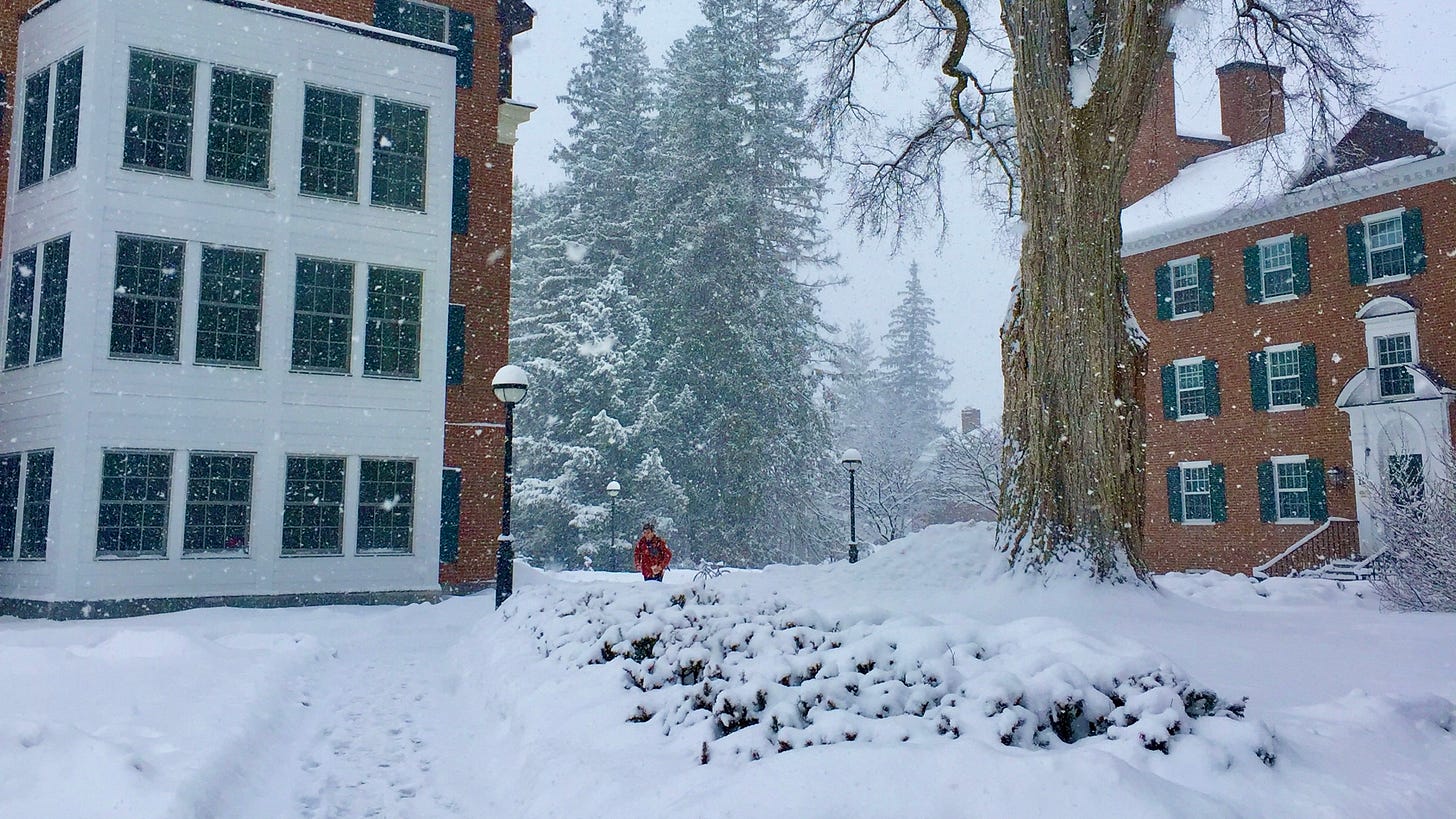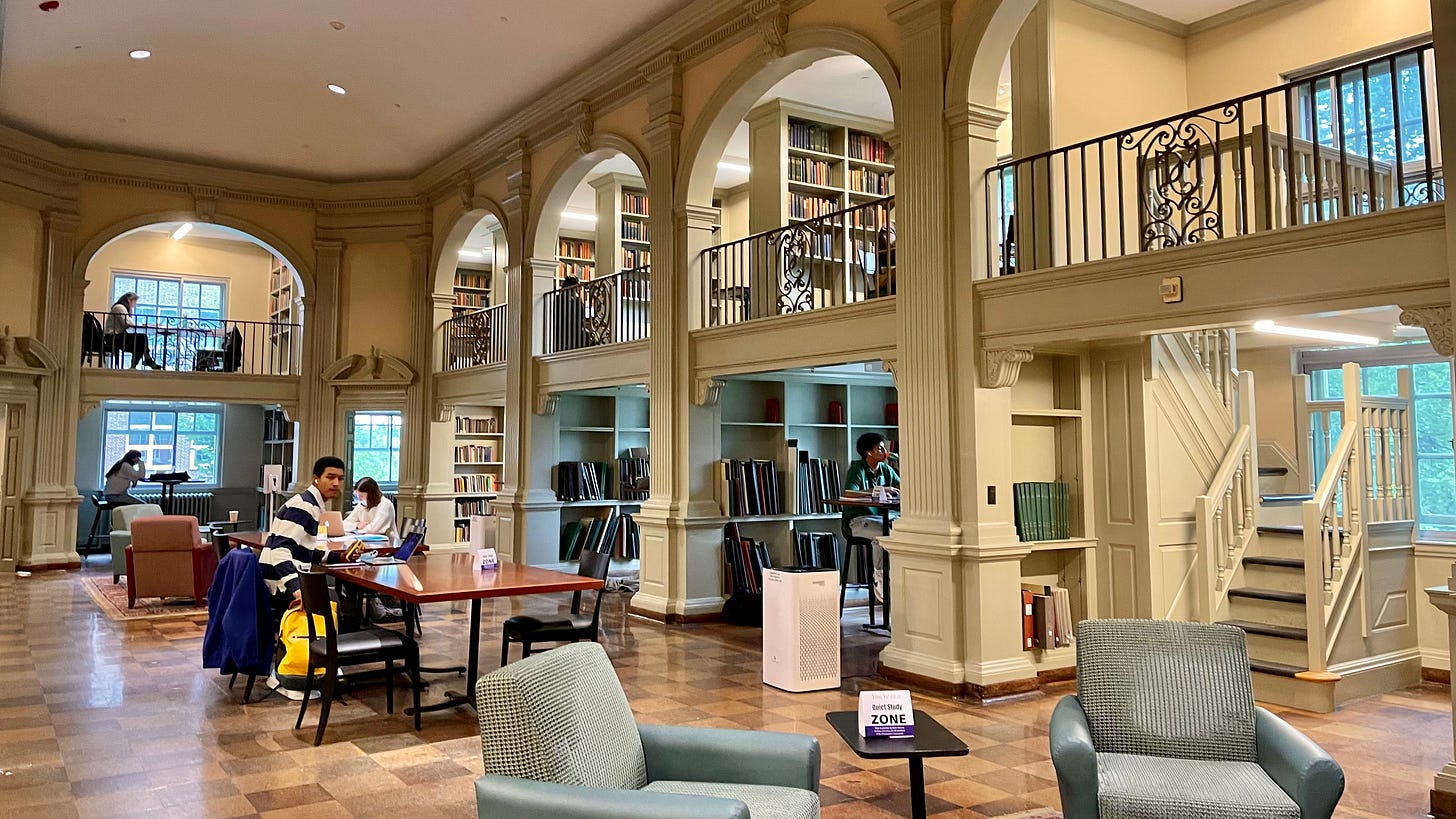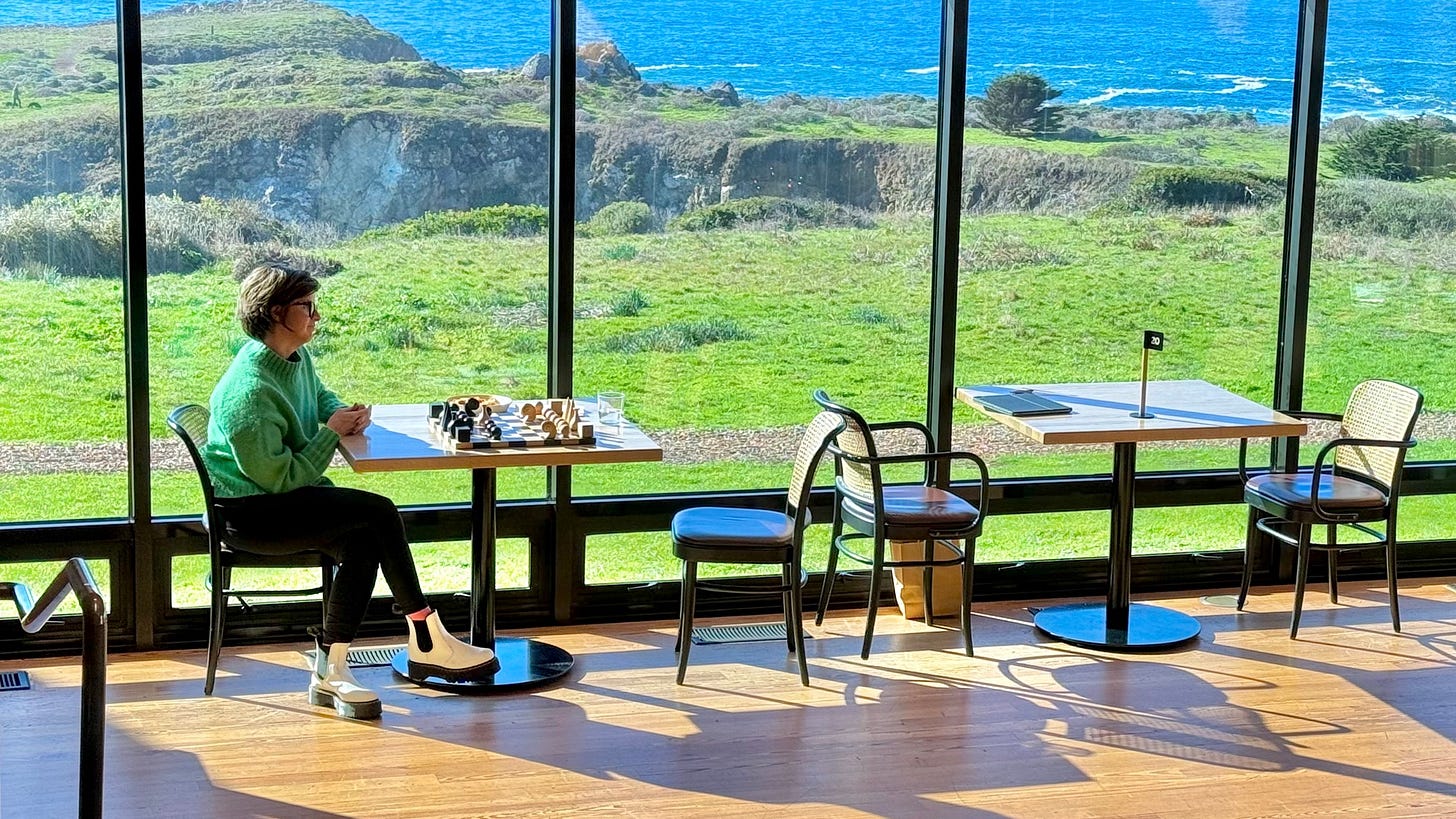All through school, my grades were my perfect and only partner.
I was terrified of losing control to the chaos of being in love. So I didn’t let myself date. (I mean, what if I was heartbroken before a big problem set or exam? Real concerns.) Instead, I’d wake up in the middle of the night and turn on the lamp at two in the morning to squander away my loneliness by staring at my hands, critiquing each finger’s imperfection.
My right hand’s middle finger was crooked in the upper half, my thumbs were slightly disproportionately larger than all my other nails, and oh, my pinkies were distastefully short. But the pointer finger on my left hand was alright, I’d think. Just alright.
I’d choose a bottle of pink nail polish just a shade lighter than what I was already wearing and proceed to put it on. But first, I’d erase the existing layer, pressing deeply into each nail until acetone seeped into my skin. Then, I’d carefully open a new bottle and, with all the patience in the world, apply the shiny pink liquid onto my imperfectly crooked nails, demanding absolute perfection from myself.
I was the kind of girl who’d spend three hours on my nails at two in the morning—only to erase it all once the sun came up because I’d feel ashamed of my effort. For trying too hard.
In college, P. was my favorite sight in the world. When he smiled, my heart would light up like a Christmas tree. In the cold New Hampshire winters, I walked around like I was carrying a miniature sun in my chest. We were trapped in a cozy in-between: suspended in motion, exempt from the march of time, a small coup in the losing war to entropy. Perfectly in parallel. No chance of collision. Safe.
After we graduated, I’d check the weather where he lived just to know what his day was looking like. It was hard for me to accept that he was still out there, living his life, going to bed and waking up and breathing in the same way he used to, in a way that made me insignificant. For years I waited for this crush to subside, managing it like a chronic condition.
I told myself my heart can’t really be broken if we never had a chance to start.
So when we moved to the same city after a decade, I thought fate was handing us a second chance. We went on simple, innocent dates: catching up as old friends over dinner, holding hands while strolling downtown, a morning jog around Golden Gate Park, making dessert at home, popping into bookstores—the stuff of my girlish dreams. He sat by my side, held my hand, and asked for nothing more. It felt pure: an affection innocent of desire, a level of intimacy I hadn’t breached since childhood.
On a particularly spontaneous and inspired Saturday, I gave him one of my favorite books (Nothing Is Real and Everything Is Possible by Peter Pomerantsev, whose title is an allusion to Hannah Arendt’s The Origins of Totalitarianism, about the ebb and flow of post-Soviet identities and ideologies refracted through the splinters of communism) and tucked a note inside. I wrote:
Dictators see all dissent as treason. But unconditional love isn’t not seeing anything negative with unquestioning loyalty. It’s seeing and loving, in spite of it all. And if we want to be loved, we have to be known. Isn’t that beautiful?
I must’ve been in a poetic mood.
Not long after, he sent a two-sentence text saying he could no longer see me. I spiraled instantly: scrutinizing our texts, analyzing the timestamps, replaying every interaction in my mind for Where Things Went Wrong. I could only rationalize to myself that I mistook his highly concentrated amounts of attention as a proxy for passionate, fateful love.
In the days following, my dignity hung by a thread. It took duct tape and a battalion of well-intentioned friends to pry my phone away from my fingers so I wouldn’t dial his number, begging for (demanding) an explanation. For weeks, I tortured myself with inane fantasies of winning him back. I nursed a lunatic hope that he’d wake up one morning and realize he made a mistake: We were meant to be! He’d come running back! Equilibrium would be restored!
Eventually, though, I had to accept reality. I deleted his number from my phone with the steadfast resolve of a samurai committing seppuku. It was a grand gesture. But acceptance still sucked.
How bad was it? I ate nothing but Nutella for a whole week. I was far from my best, but I was at my most human: naked, raw, vulnerable, laid bare, a mess.
Adoring from afar was easy. There were no secrets, no hard conversations, no words to retract, no hurts to salve, no scars to explain. So even before we got close, he was already halfway to the stars. But as soon as we kissed, I had to reconcile that he was his own person with his own agency. I couldn’t control the outcome, but I don’t regret giving it my best shot. (I mean, it was only a rejection of my whole self by the person whose opinion mattered most to me in the world at that very moment…)
Because when we don’t reveal who we are, love is superficial. We can’t truly love or be loved. We see things for what they could be, not what they are. I’d sooner be loved, hurt, disappointed, scorned, surprised, humbled, and enlightened than live a safe inner life that rests on a series of comfortably unexamined assumptions. In love as in life, we don’t get to control the outcome. The best we can do is show who we are, what we value, the kind of life we want to live, and let others decide if they’d like to join in for that journey.
And sometimes, the kindest thing we can do is to let someone be.
That’s okay too.
I wish I could’ve been there for eighteen-year-old me—to hug that girl and tell her that her right hand’s middle finger is crookedly beautiful, that her slightly disproportionately longer thumbs are simply human, and that her shorter pinkies make her hands look better.
We are all trying so hard to speak deeply to one another. We all want to love and be loved. But how would these words come out? I choose you. Please choose me too. We can’t do this alone, and we weren’t meant to. I no longer pretend to only feel as much or as little as the other person. I see things through, instead of languishing in the safety of ambiguity. I burn the candle all the way down. Because if I were to die tomorrow, I’d rather have swam in the ocean than to simply have seen it.
Now isn’t that beautiful?






